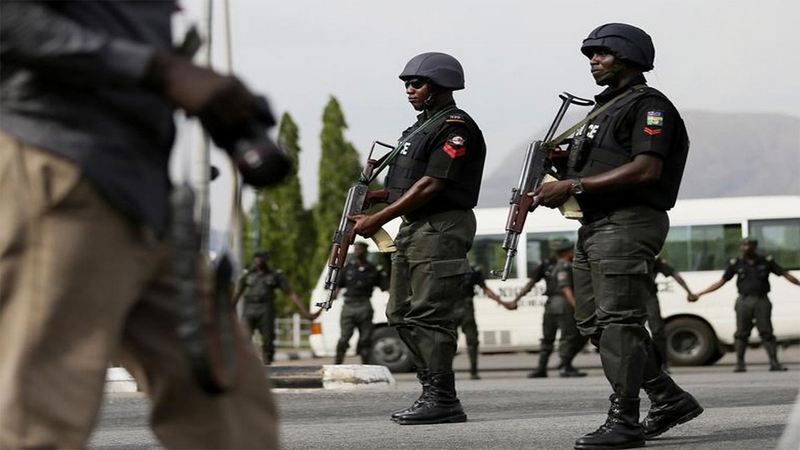The Federal Capital Territory (FCT) Police Command has intercepted a white Peugeot 15-seater bus transporting 59 children suspected to have been trafficked.
The children, aged between four and 12, were stopped along the Abuja-Kano route on Monday by a police team led by Deputy Superintendent of Police, Sarki Umar. The bus, bearing registration number KMC 283 ZJ, was driven by Ali Ibrahim, a Kano State resident, with his assistant, Alhassan Ibrahim. Both were apprehended on the spot.
Addressing journalists in Abuja on Wednesday, the FCT Commissioner of Police, Tunji Disu, revealed that preliminary investigations indicated the children were from different families in Kano State and were allegedly being transported to Nasarawa State under the guise of training.
Disu explained:
“On January 6, 2025, at about 1530 hours, a team led by DSP Sarki Umar intercepted a white Peugeot 15-seater bus with Reg. No. KMC 283 ZJ along the Abuja-Kano route. The vehicle was transporting 59 male children aged between four and 12 years. Preliminary investigations revealed that the children were being moved by one Idris Usman, a male resident of Nasarawa State, who had travelled to Kano to convene the children under the pretext of training them.”
The police classified the incident as a case of suspected child abuse and trafficking, citing the lack of proper documentation or parental consent for the children’s movement.
“The suspects, the vehicle, and all the children are currently in custody, and a thorough investigation is underway. The police command is collaborating with the FCT Social Development Secretariat to ensure the safe reunification of the children with their families and to prosecute all individuals involved,” Disu added.
The Commissioner reiterated the FCT Police Command’s commitment to protecting children from exploitation and abuse, in line with the Child’s Rights Act of 2003. He urged parents and guardians to remain vigilant to ensure their children’s safety.
This incident highlights the ongoing fight against child trafficking and the importance of community vigilance in safeguarding vulnerable groups.




